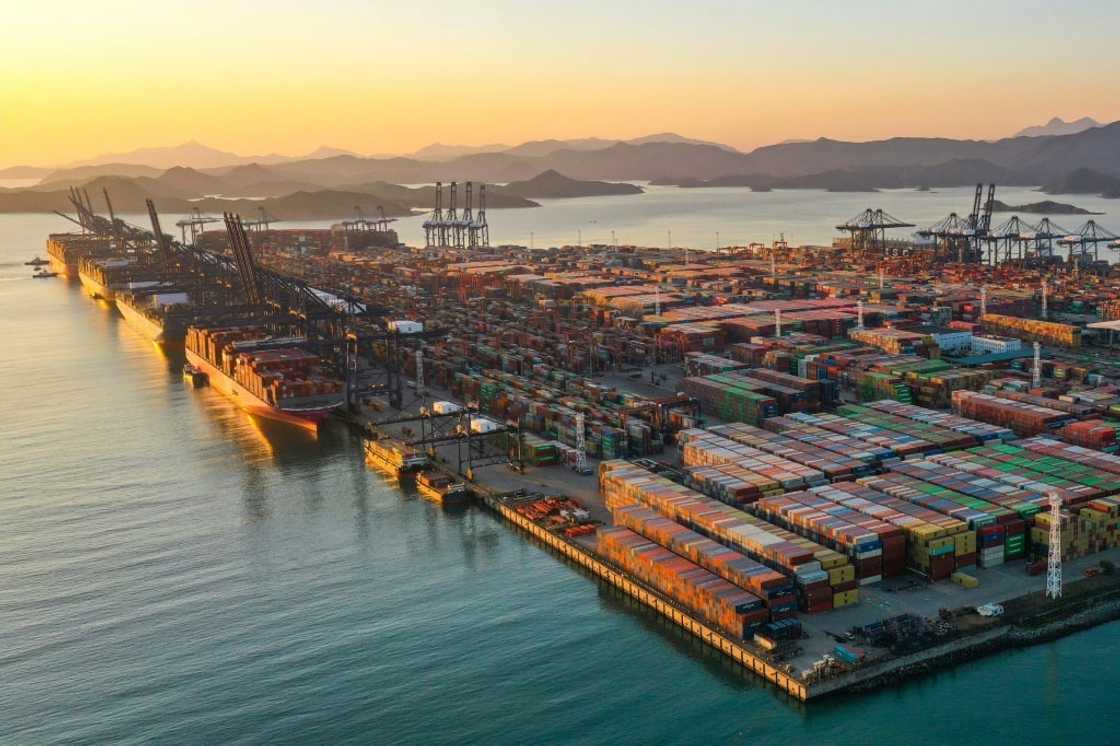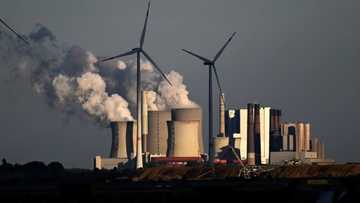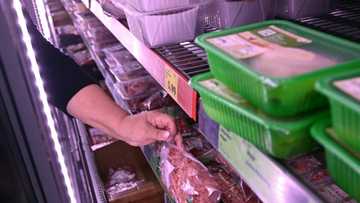WTO warns of 'first signs' of trade de-globalisation

Source: AFP
PAY ATTENTION: Check out our special project with inspiring stories of women who overcome the challenges to succeed in construction: Women of Wonder: Building the Future!
The de-globalisation of international trade is far from being a reality, but "the first signs of fragmentation" are appearing, the WTO warned Tuesday, concerned of the effects of the phenomenon on growth and development.
The idea of "de-globalisation" has gained traction since the war in Ukraine and pandemic-related lockdowns in China prompted significant disruption to global supply chains.
In its annual report on international trade, economists with the World Trade Organization (WTO) argued in favour of "reglobalisation" as "the first signs of trade fragmentation threaten to slow growth and development".
For several decades, the expansion of global trade has surpassed global economic growth, but the trend "kind of stopped around the global financial crisis of 2008-2009, and since then, it's been kind of stagnating", WTO chief economist Ralph Ossa told AFP.
After this phase of slowing globalisation, the question is "whether we are moving towards a phase of deglobalisation", he said, as the report shows geopolitical tensions are beginning to have an impact on trade flows around the world.
"We're quite far away from deglobalising, but at the same time, you start seeing... the first cracks in the system," said Ossa, pointing out trade fragmentation tends to follow geopolitical divisions, particularly since the Russian invasion of Ukraine.
PAY ATTENTION: Click “See First” under the “Following” tab to see Briefly News on your News Feed!
The WTO calculated trade between two geopolitical blocs that were split according to how they vote at the UN General Assembly.
It did not identify countries by name but tensions have risen between the West and Russia and China in recent years.
The report said the flow of goods between the two sides has grown between four and six percent slower than within each bloc.
"We're really at a crossroads here," said WTO research economist Victor Stolzenburg, who coordinated the report.
"Either we try to reembrace globalisation or we're going to continue to go down this path, this path towards fragmentation," Stolzenburg said.
The WTO warned that a division of world trade into two distinct blocs would cost the world an estimated at five percent of real income, with some developing economies facing double-digit losses.
PAY ATTENTION: Сheck out news that is picked exactly for YOU ➡️ click on “Recommended for you” and enjoy!
Source: AFP



